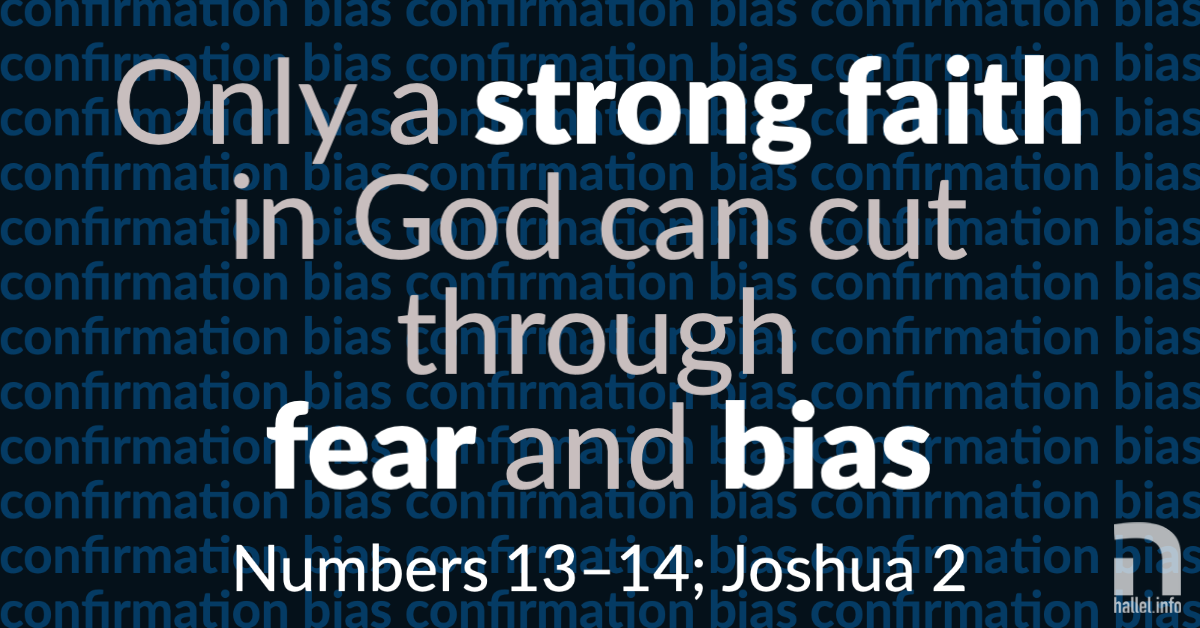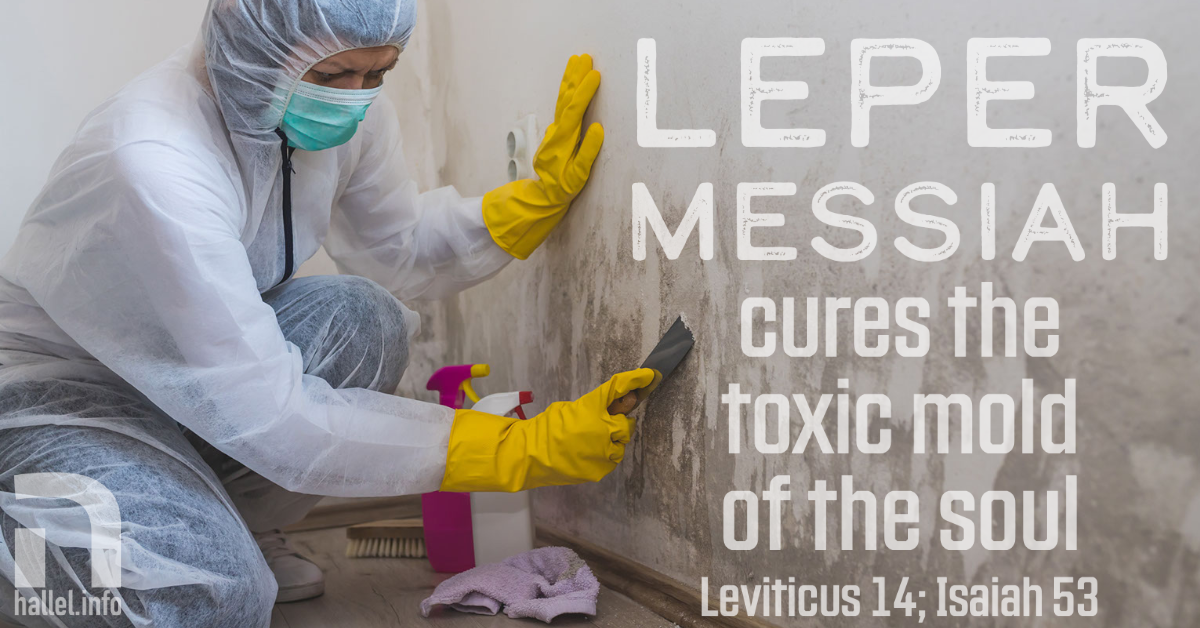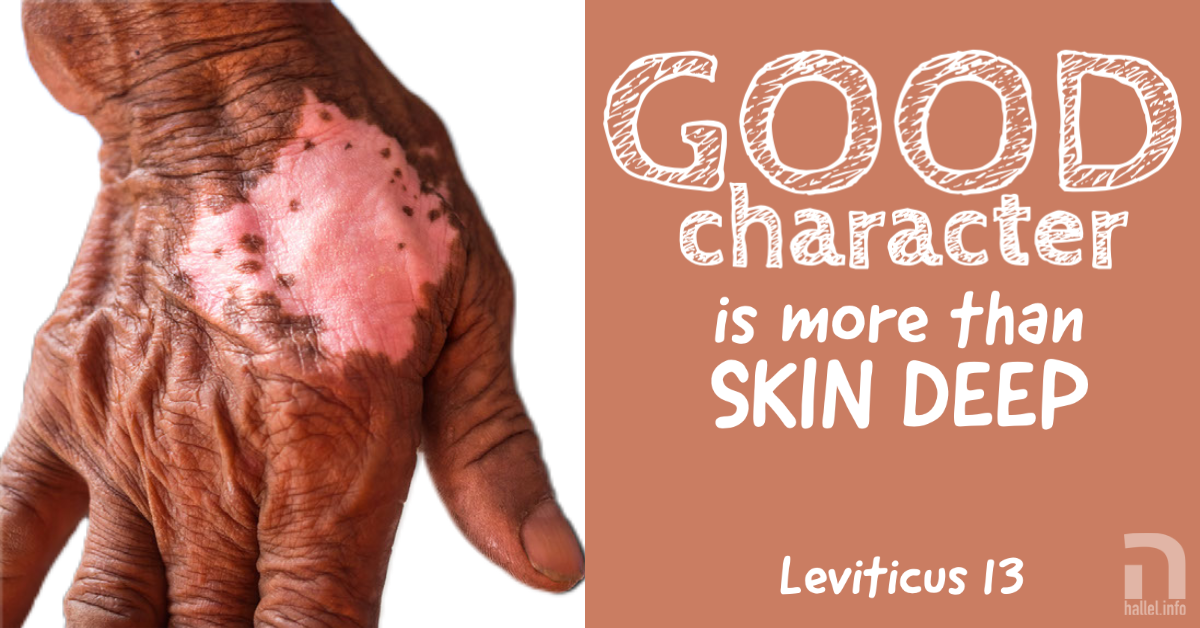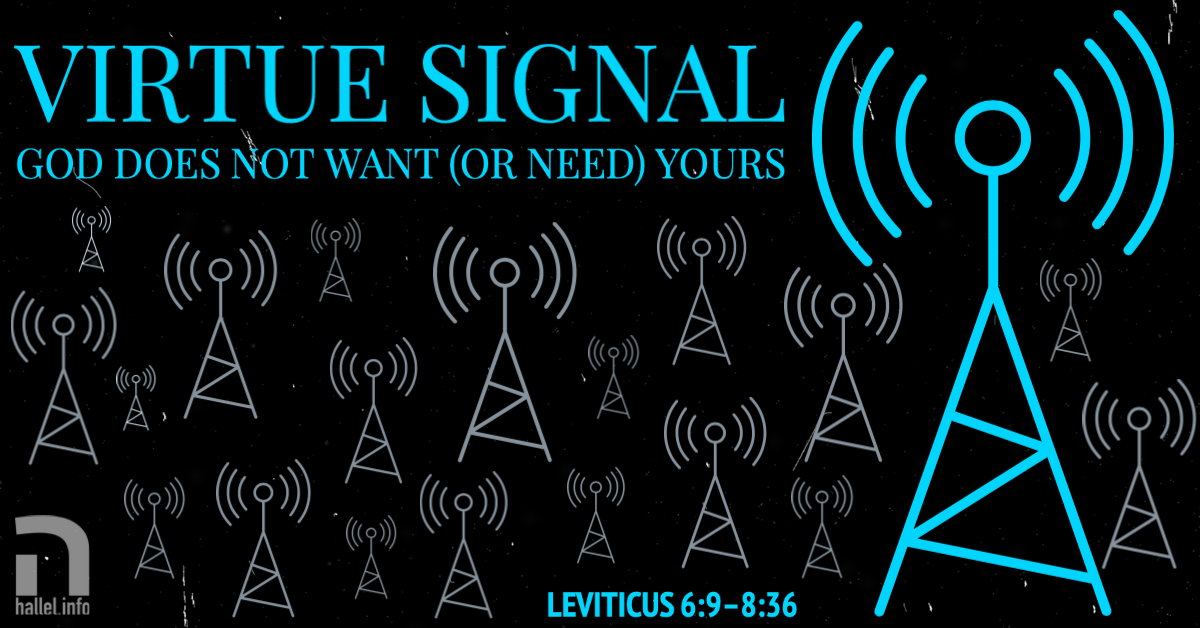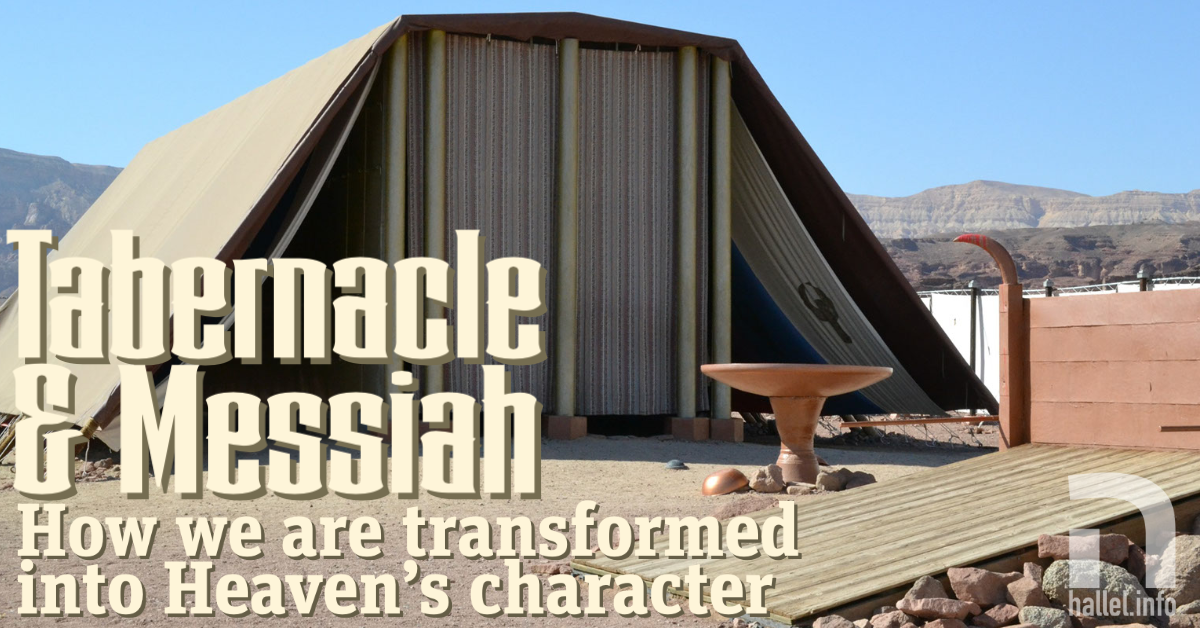It is human nature to engage in confirmation bias. We have certain closely cherished beliefs, and we will give more weight to facts that confirm those beliefs versus facts that contradict those beliefs.
The Torah reading שלח Shelakh (“send,” Numbers 13–15) recounts how 10 “spies” of ancient Israel returned from the Promised Land with an “evil report.” They brought back the same basic facts about the geography, agriculture and social structure of the people currently living there.
The only difference was their interpretation of those facts. They looked at land through the bias of the world, while Joshua and Caleb looked at the same facts and view them through their bias of faith in the power of God.
In Joshua 2, Rahab of Jericho overlooked her bias to see which deity was truly worth following. And in Matthew 10, Messiah Yeshua (Christ Jesus) sent out His closest students with instructions to not be biased by the opposition they faced.
We easily and often fall into the same trap.
